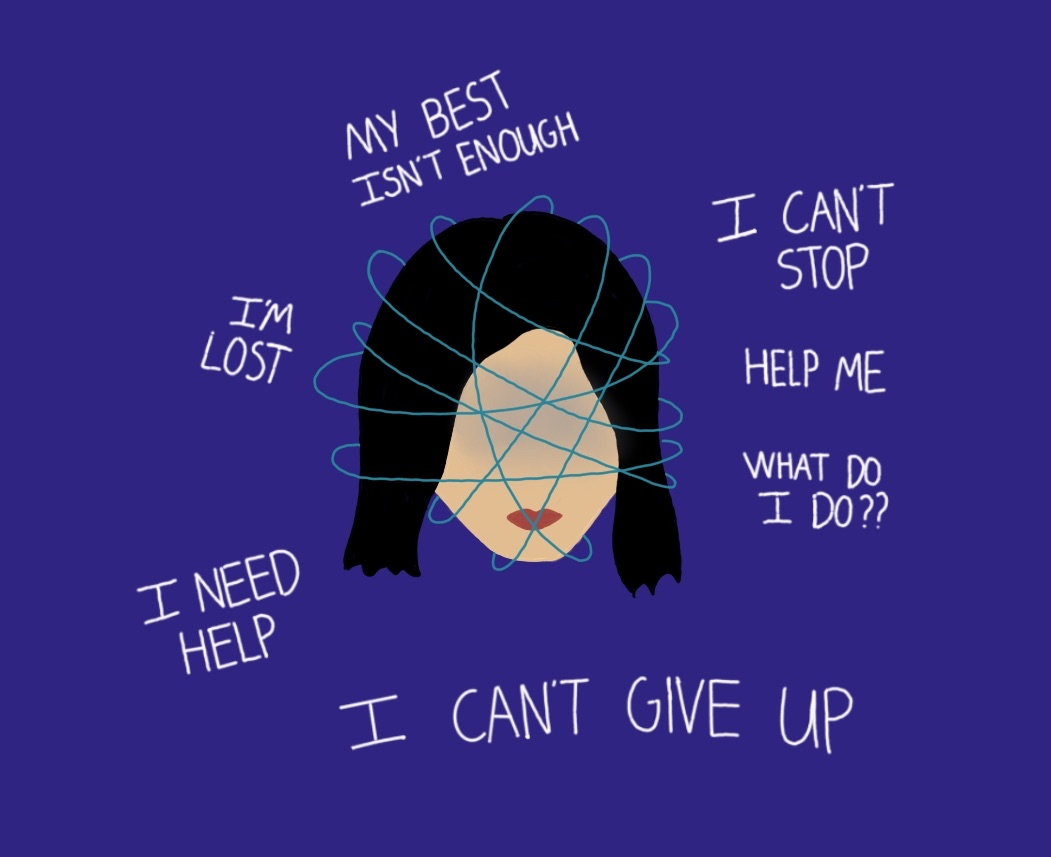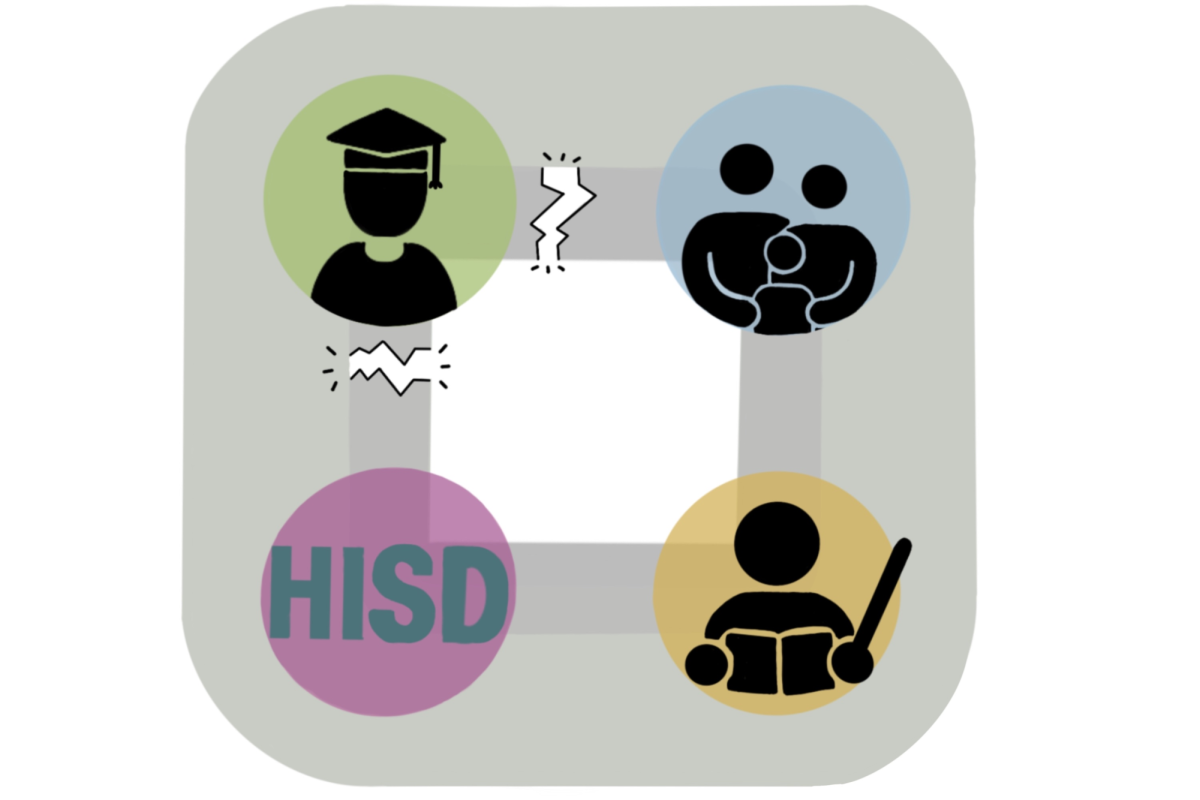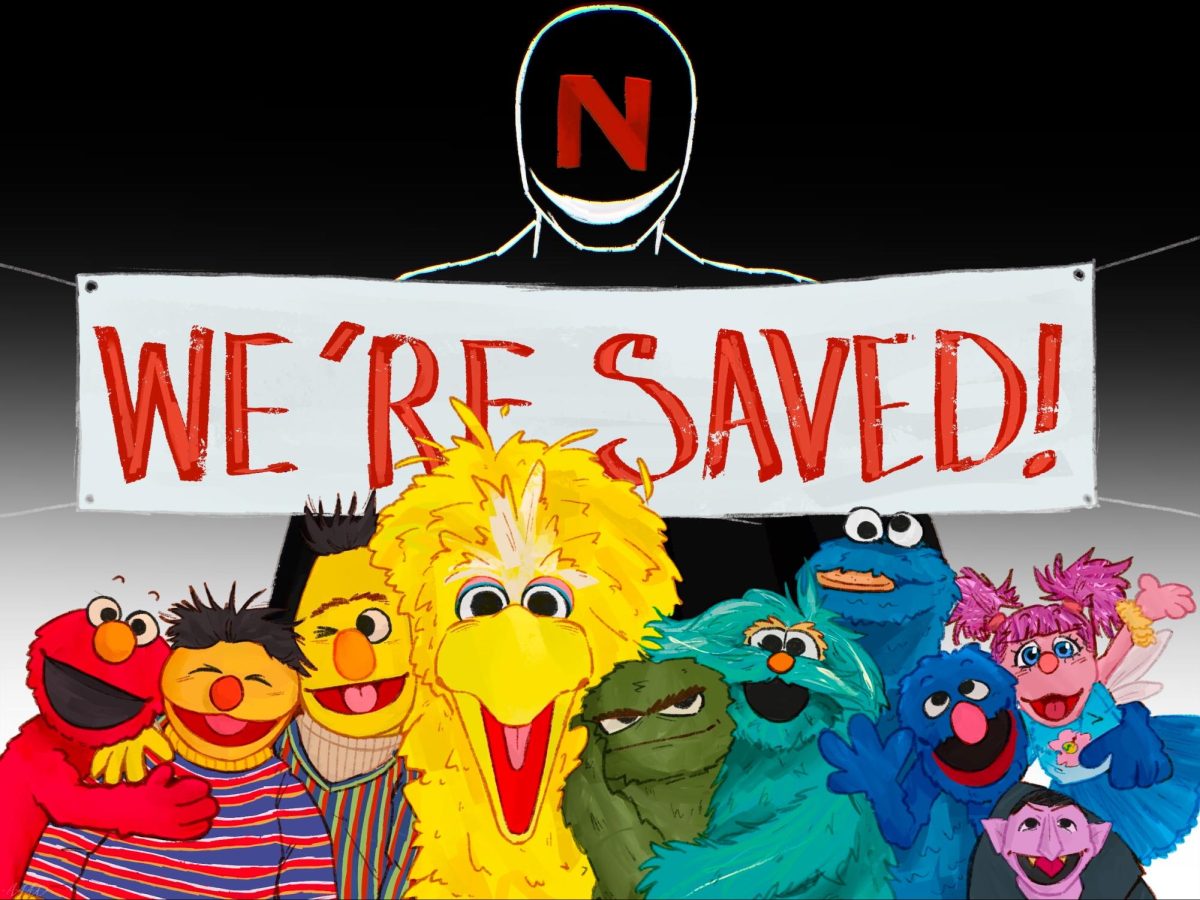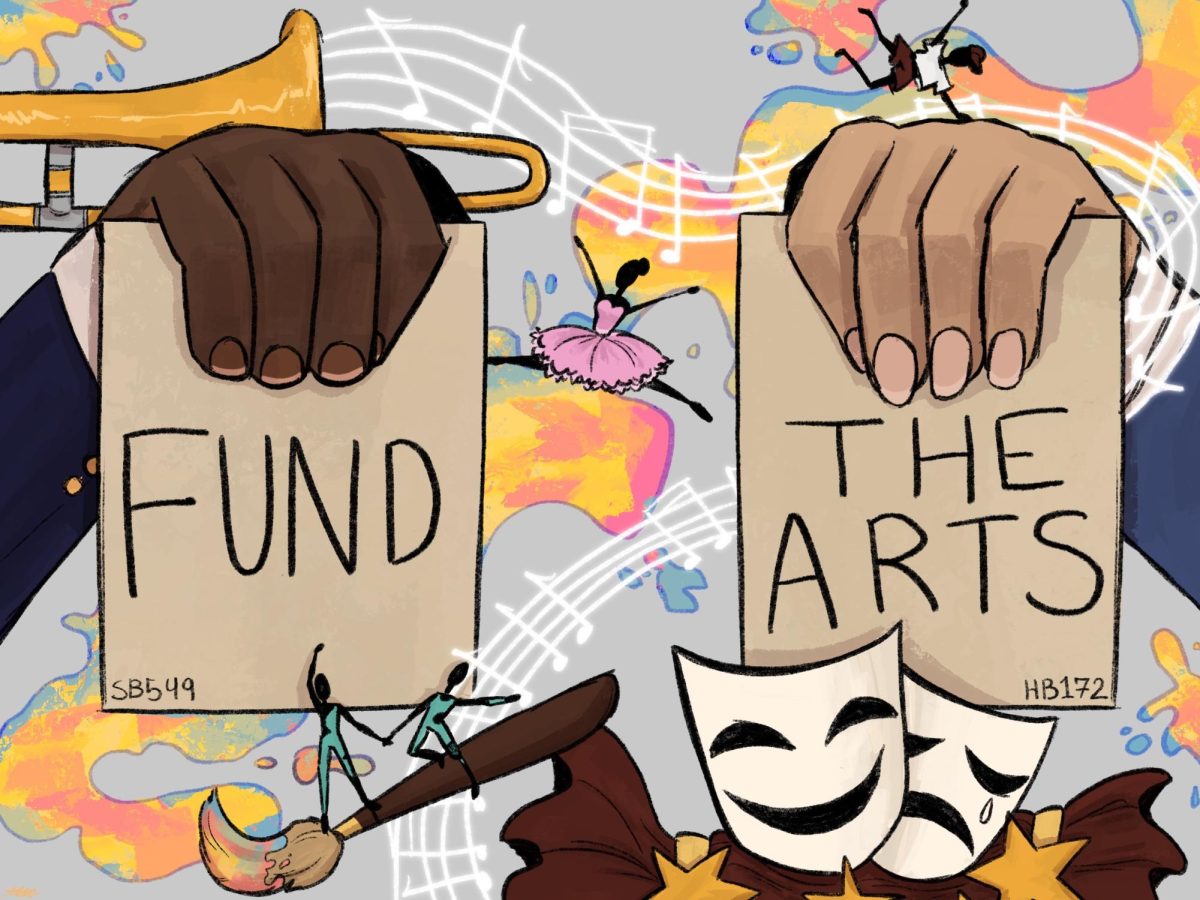Your story’s not tragic enough.
Your story’s not inspiring enough.
Your story’s not honest enough.
Your story needs to embody the underdog. You need to overcome adversity through a heroic struggle. That’s what colleges want, and that’s what you need to give.
Over the years, the college essay has evolved. This part of the college application was intended to allow the applicant to reveal their personality, but it now places a growing emphasis on the obstacles conquered and traumas survived.
But the problem doesn’t stem from students wanting to write about traumatic experiences. It’s rooted in the structure of the essay questions that not only encourage but practically expect applicants to overshare disturbing incidents.
The 2023-24 Common App essay asks you to recount a time when you faced a challenge, setback or failure. Reflect on a time when you questioned or challenged a belief or idea. Discuss an event or realization that sparked a period of personal growth and a new understanding of yourself.
Exactly the things you would want to talk to strangers about.
It’s understandable that colleges are interested in the disadvantages of their students – it’s vital to a holistic evaluation, after all. However, this interest, and the awareness of it, has created a race to the bottom as students try to convince admissions committees that they’ve suffered more than the next applicant to stand out.
But students shouldn’t feel pressured to reveal their traumas in their college essays.
For those who’ve experienced genuine adversity, the demand to reveal private, shameful or even humiliating details about the past is highly toxic. It forces them to search through their worst experiences and relieve their traumas through writing, which can reopen emotional wounds and trigger panic attacks.
This shouldn’t be the case. Traumatic experiences are private and should remain private. Teenagers shouldn’t feel the need to share them just to attend college.
Moreover, the expectation for students to have a resilience story pushes them to don the mask of triumph even if their traumas are ongoing battles. They are incentivized to lie to themselves, distorting memories of traumas and pretending that they’re okay when, in reality, they may be far from it.
It’s degrading.
This demand to twist students’ worst times into a facade of a hero’s journey is humiliating. And it’s only made worse by the fact that they’re sending their darkest, most intimate moments for the scrutiny of strangers. Entrusting such personal stories to unknown admissions officers only adds another layer of discomfort and vulnerability in the application process.
In an interview with the Harvard Gazette, Emi Nietfeld, author of the memoir “Acceptance,” which retells her journey from a dysfunctional childhood to Harvard, writes that the college essay required her to “cash in on [her] sorrows.”
“I felt that the experience of having to take my life story and twist it into this narrative that would be considered acceptable [to colleges] was so dehumanizing that it left me wondering who I was,” Nietfeld said.
The unsettling truth is that the college essay commodifies peoples’ pain. Life-changing experiences become currency to be traded for college admission. The focus is no longer on you but on the price of your worst suffering.
This culture and mindset can entrap applicants with the belief that their admission outcomes are tied to the exposure of their most vulnerable moments. Then, the question becomes: are your challenges enough?
If you’re rejected, that simply means the worst thing to ever happen to you wasn’t.
Yet, the pressure of the essay extends beyond just those with trauma. For students without such experiences, the personal essay can romanticize the idea of suffering. Moments like the loss of a family member, a mental health breakdown or homelessness are reduced to “something good for your college essay.” This glorification erodes empathy, turning real struggles into nothing more than fodder for the college admission game, nothing more than exploitable trauma stories, nothing more than commodified chapters of adversity.
The story of Elijah Megginson highlights this romanticization. In his personal narrative, he writes about the constant reminders from his friends, family and counselors that his underprivileged upbringing would be his ticket to college. He was told: “You’re smart and you’re from the hood, you’re from the projects, colleges will love you.”
His father’s absence in his life. All the times his life was threatened. Struggles with dealing with anxiety and PTSD. To others, these experiences were nothing more than application points for college.
Furthermore, for those without trauma, there’s an incentive to spin their own tragic stories to compete in the race to the bottom. A student dealt an unlucky hand who managed to reach the same level of achievement as someone dealt a favorable hand is obviously the better applicant. The college essay becomes the perfect medium for competitive victimhood as students increasingly try to paint themselves as the underdog in the pursuit of that coveted admissions letter.
However, applicants are still young, and most of them don’t have traumatic experiences to tell. They’ve lived a relatively stable life, untouched by tragic hardships. But this lack of suffering causes many to feel like they’re at a disadvantage in the race to the bottom.
To feel that their life simply isn’t exciting enough. They don’t have those moments that steal the attention of the admissions officer’s lazy eyes. They don’t have those moments that spark a fire in the reader’s heart. They don’t have those moments that cause those who determine their future to root for them.
They are being punished for living a normal life.
But they still have to compete, still have to not fall behind the others in the game of one-downmanship, still have to fight for their admissions letter the only way they know works: oversell or even falsify details.
If they don’t have a trauma story, they’ll weave their own.
While the pressure to conform to the traumatic standards of college applications isn’t explicitly stated, it is undeniably felt due to the surrounding culture where students are expected to do anything in the pursuit of admission. This toxic culture, however, is a reaction to the existing system. The expectation that colleges want a movie-like story born out of traumatic experiences leads many to give them just that. Without altering the system, it’s impossible to transform the culture.
To put an end to the race to the bottom, colleges need to overhaul their prompts to be more abstract. A shift in expectations and questions will naturally yield different responses. The University of Chicago’s style of essay questions provides a viable model that should be adopted.
“Exponents and square roots, pencils and erasers, beta decay and electron capture. Name two things that undo each other and explain why both are necessary.”
Nowhere in the prompt does it ask students to unload their traumas. Nowhere does it ask students to reveal intimate details. Nowhere does it pressure students into a predetermined narrative.
These more speculative prompts give applicants the freedom to interpret the questions through the lens of their individuality. It invites personalized exploration of the topic, encouraging a more authentic expression of the unique personality, perspectives and character that define each applicant. These more creative essays provide a better glimpse into the person behind the pen.
But these prompts don’t prohibit students from delving into their traumas. If applicants feel comfortable and see it as crucial to portraying who they are, they can still choose to do so. However, unlike the current prompts, these abstract ones alleviate the toxic expectations imposed by the questions focused on trauma narratives, providing more freedom of expression.
This way, students can share willingly, not out of a sense of obligation.












the fresh rizzler of bellaire • Feb 6, 2024 at 2:30 pm
thank you for writing this article. i feel like im being punished for not being low income when applying for colleges, and this helped alot
Jason Chen • Jan 22, 2024 at 12:05 pm
10 likes and no comments? let me fix that rq